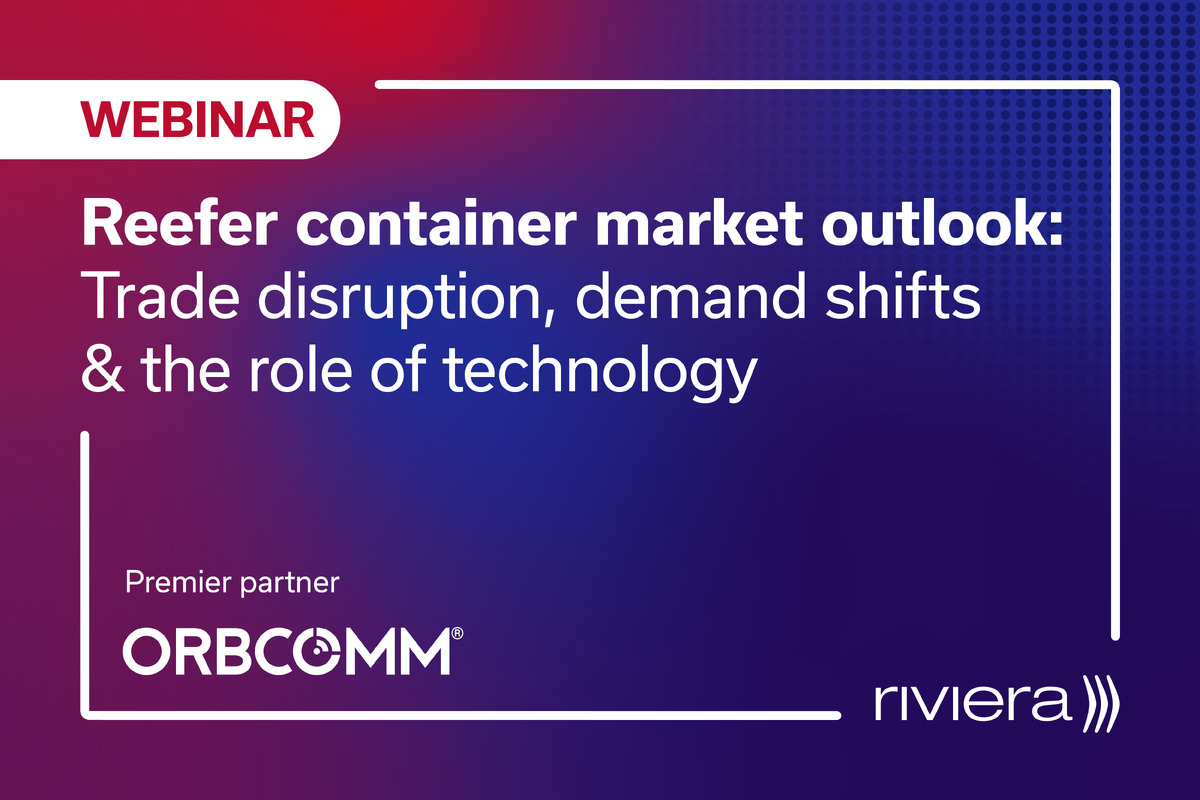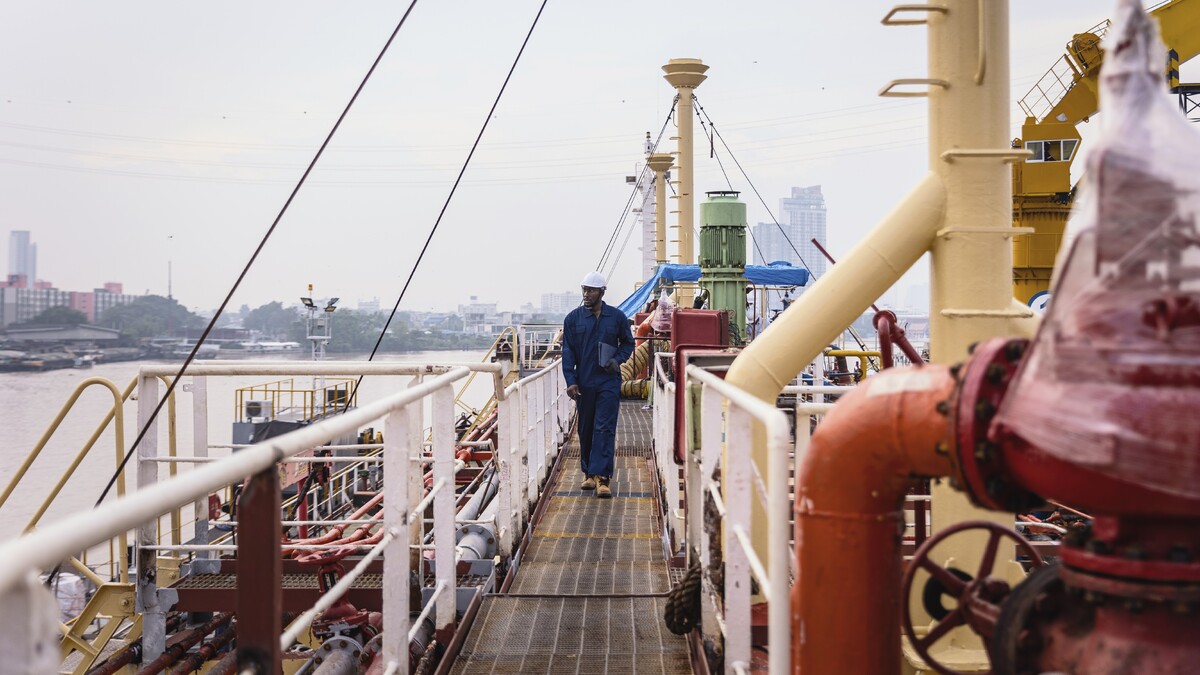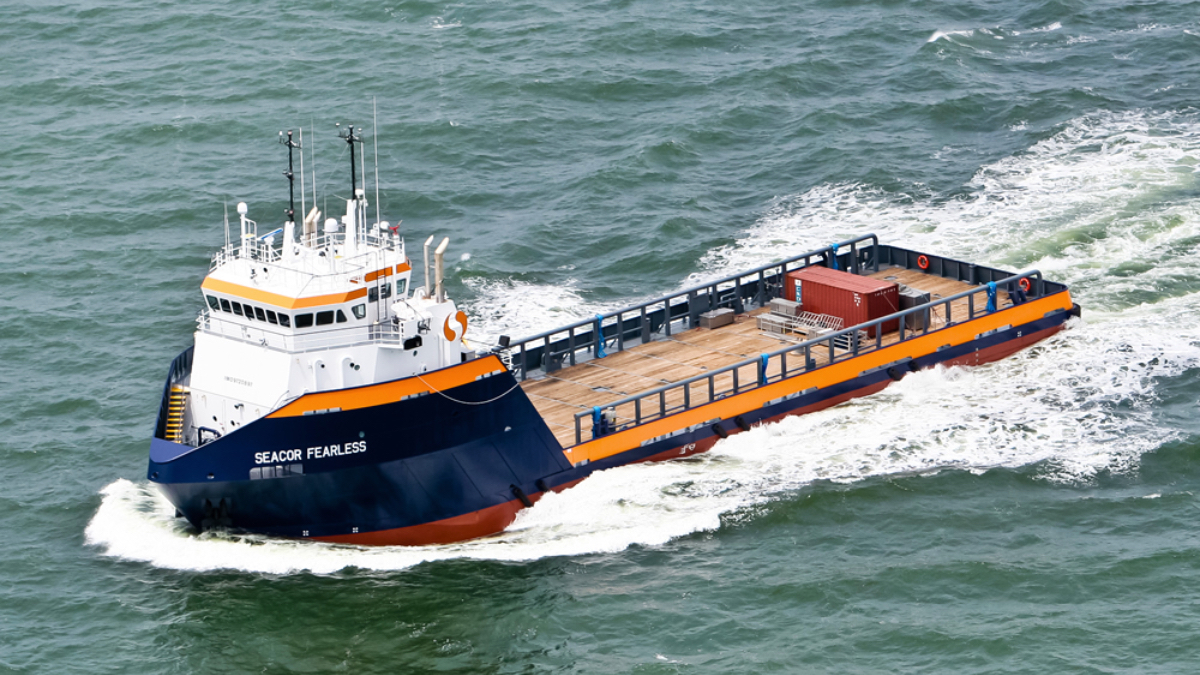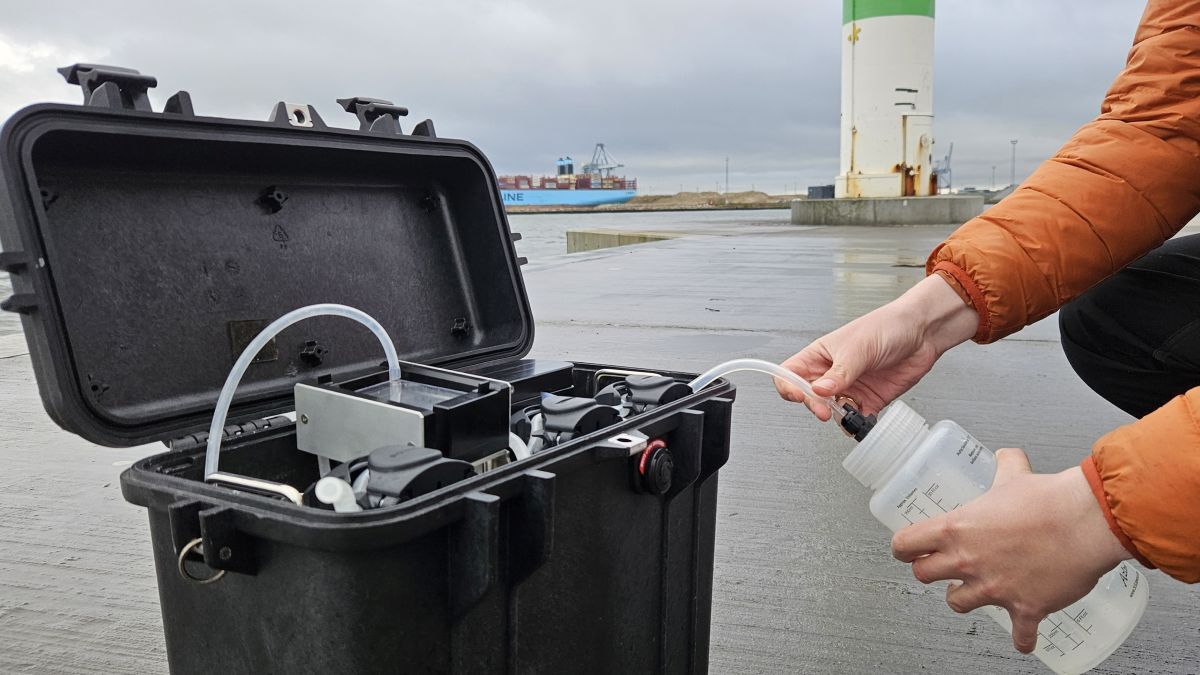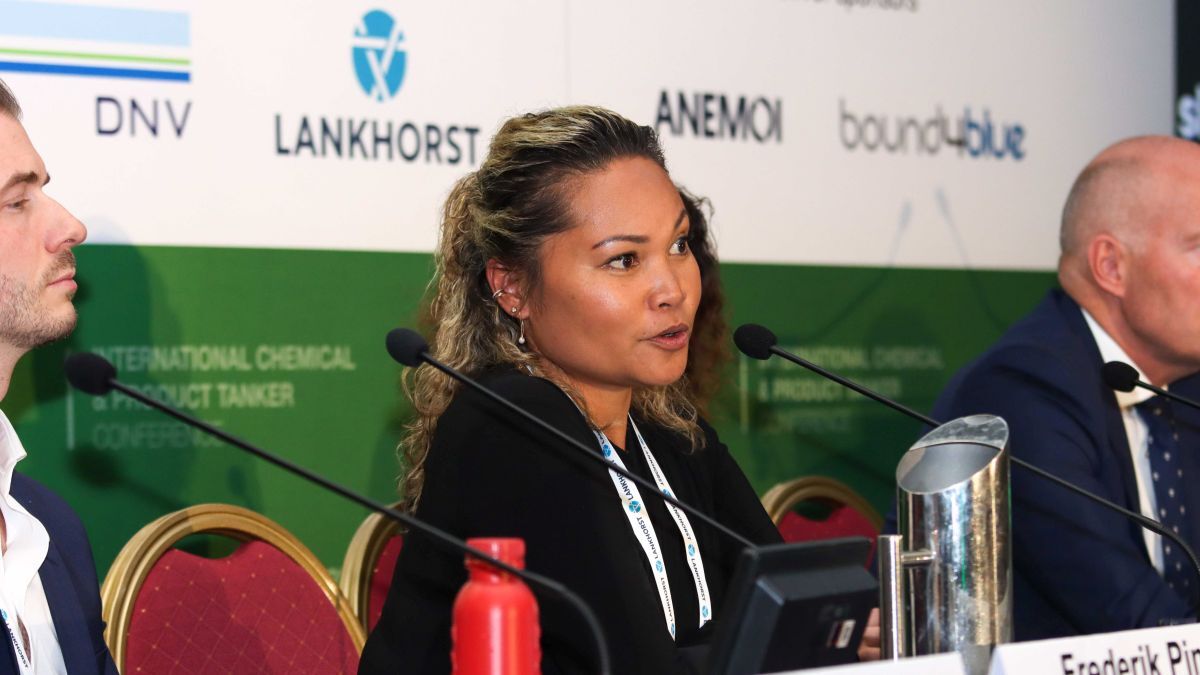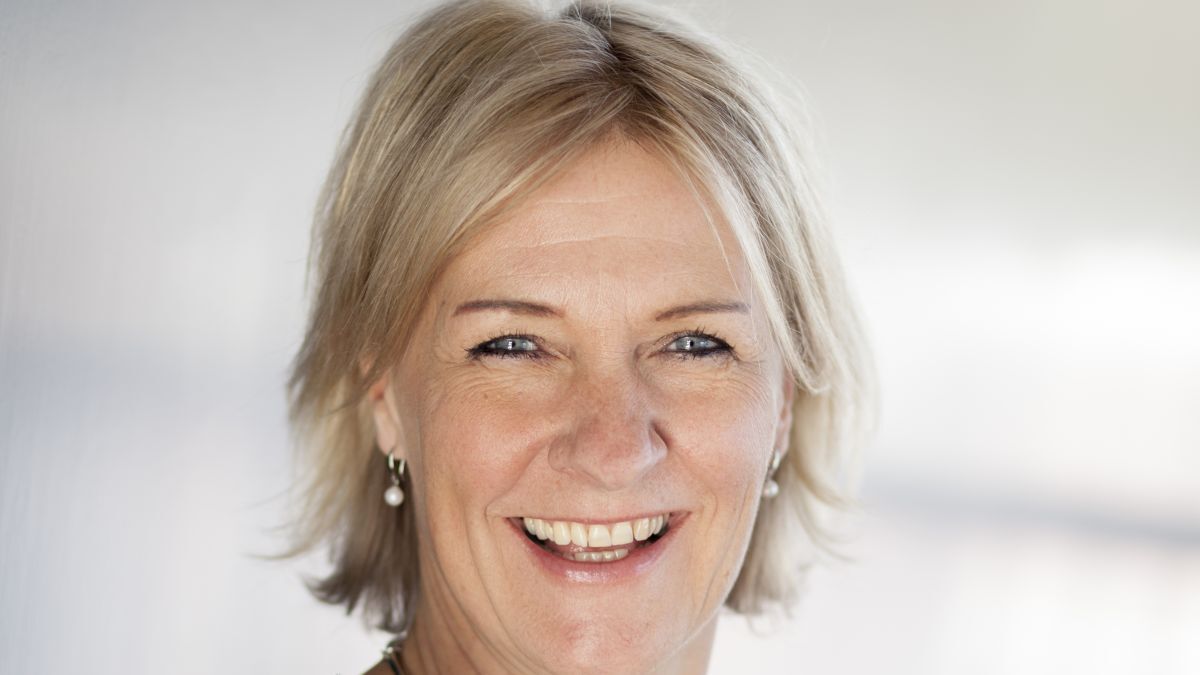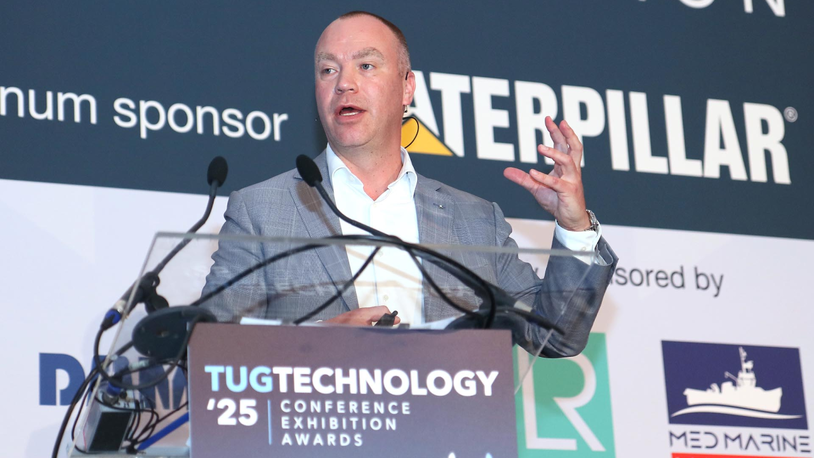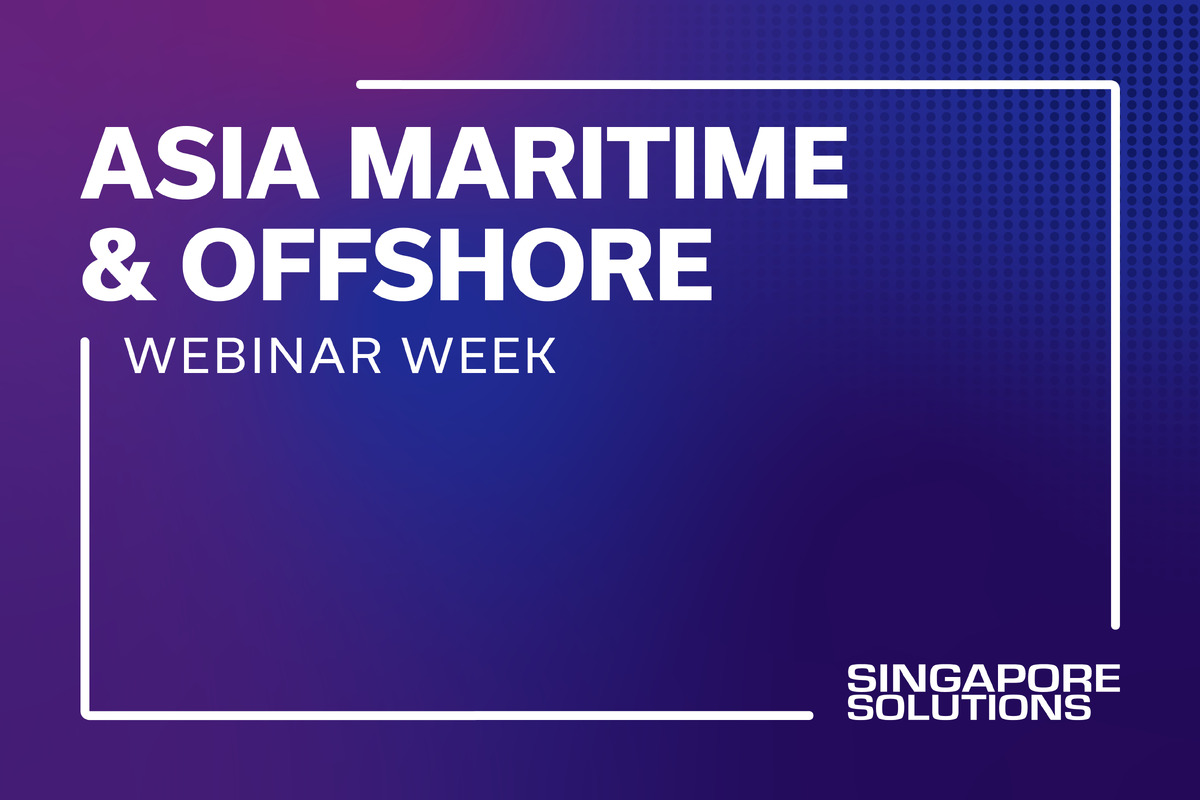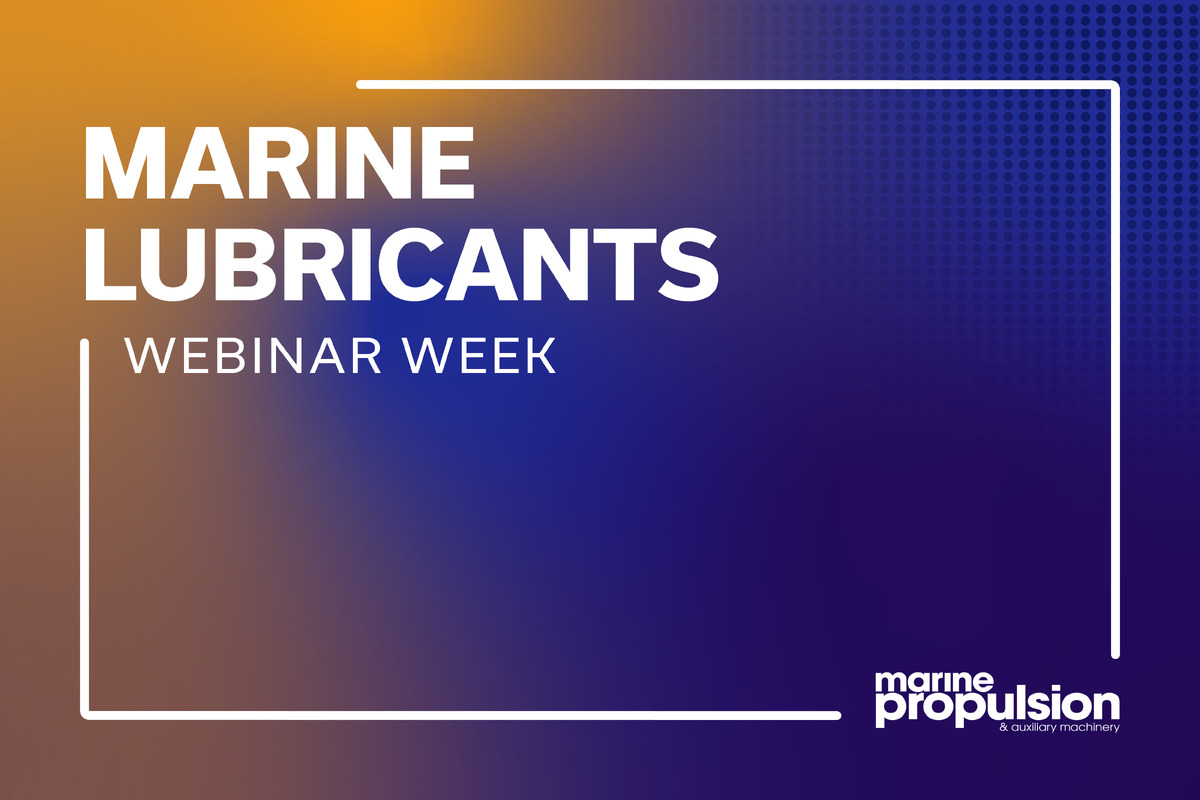Business Sectors
Contents
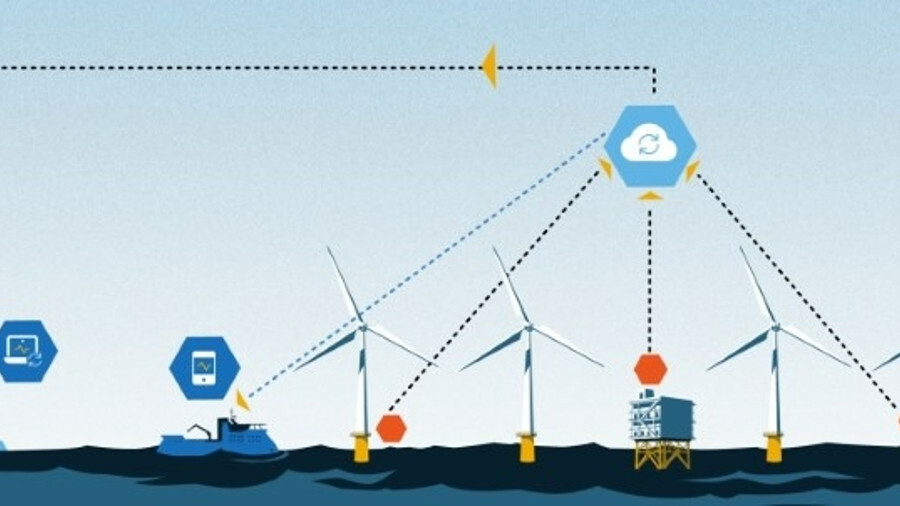
Equinor to deploy cloud-integrated weather sensor to aid pipeline inspection
Energy major Equinor is deploying a data collection sensor to monitor wave conditions at its gas pipeline landfall on Norway's west coast.
Divers regularly inspect and maintain the pipeline, and accurately monitoring the near-shore sea state is crucial to diver safety, according to system manufacturer Miros.
“Miros dry system monitoring proved to be more attractive for Equinor than wave buoys, due to enhanced safety, low maintenance and data availability,” said Miros Group chief executive Andreas Brekke.
Miros' wave and current radar system collects sea state data on wave parameters, wave spectrum and surface currents. Its rangefinder and wavefinder system adds water level and draft measurements to the package, with all readings made available through the cloud. The Miros data service also includes oil spill detection.
According to Mr Brekke, Miros’ line of IoT-connected dry sensors, with no equipment exposed to water, made the new service possible.
Mr Brekke said the company's latest service, Miros Cloud, is the first in the offshore industry to make dry measurements available as a cloud-based service. He said the service allows customers access to data without requiring any investment in physical equipment and its related maintenance, although the equipment is available for purchase.
“With a dry system there is virtually no maintenance once the system is in place. That allows us to be secure in providing the service without the customer having to pay for equipment maintenance,” Mr Brekke said.
Keep up to speed on the latest developments in the offshore support market, subscribe to Offshore Support Journal today.
Related to this Story
Events
Reefer container market outlook: Trade disruption, demand shifts & the role of technology
Asia Maritime & Offshore Webinar Week 2025
Marine Lubricants Webinar Week 2025
CO2 Shipping & Terminals Conference 2025
© 2024 Riviera Maritime Media Ltd.
